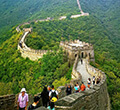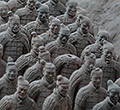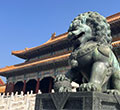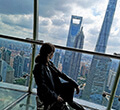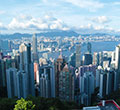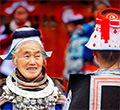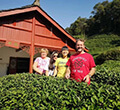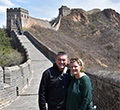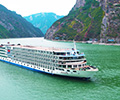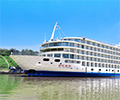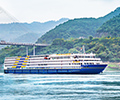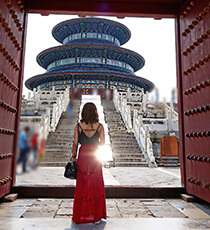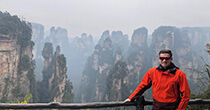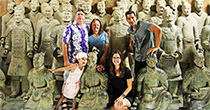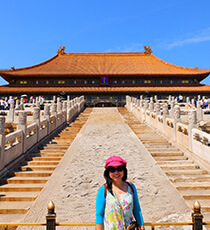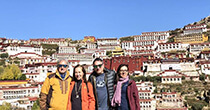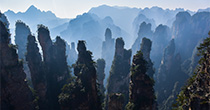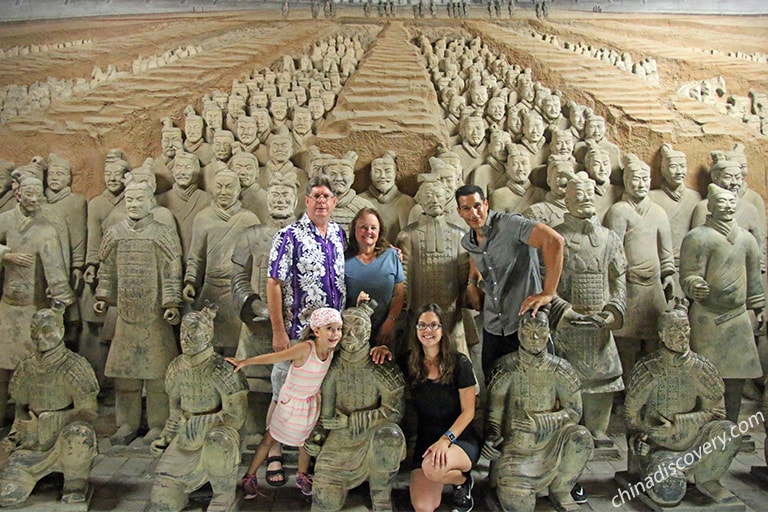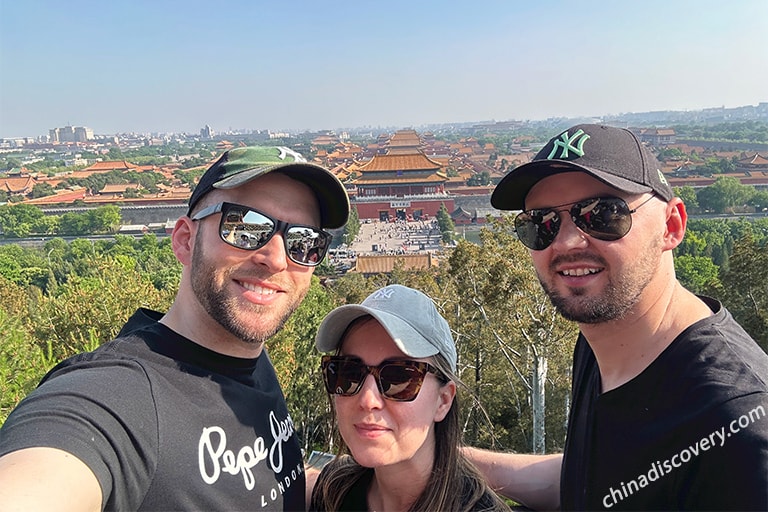A Secret Garden - The Imperial Garden of the Forbidden City
Located in the north of the Forbidden City, as an important part of the imperial gardens of the Ming and Qing dynasties, the Imperial Garden (御花园) is not only a place for emperors and concubines to rest and enjoy, but also a treasure of ancient Chinese garden art. The layout of the garden is exquisite, the architecture is elegant, and it integrates with the surrounding environment, highlighting the grandeur of the royal garden.
Highlights in the Imeprial Garden
The Imperial Garden is a masterpiece of Chinese garden design, blending architecture, nature, and symbolism in perfect harmony. As you wander through here, you'll discover a world of delicate beauty, with winding paths, quaint pavilions, and meticulously landscaped rockeries. But the Imperial Garden is more than just a pretty place; it's a world of symbolism. Every rock, plant, and architectural element has a deeper meaning, reflecting the philosophical and spiritual beliefs of the imperial court.
Pavilion of One Thousand Autumns (千秋亭)
Constructed in the Ming dynasty (1368-1644), this pavilion is essentially square with a round roof and verandas on four sides. It has carved overhanging eaves and multiple angles with the same cross shape and structure as Pavilion of Ten-thousand Springs (万春亭) on the garden's east side. Buddhist statues were enshrined here, as well as the spirit tablet of the Tongzhi Emperor (r. 1862-1874). This pavilion is located on the west, the direction that in Chinese philosophy correlates with autumn.
Pavilion of Auspicious Clarity (澄瑞亭)
Constructed in 1583 during the Ming dynasty (1368-1644), this pavilion with veranda stands on a single-arched bridge spanning a fish pond. This square pavilion has four open sides and a pyramid-shaped roof with green glazed tiles. The attached veranda has a rolled roof. The pavilion is symmetrical paired with the Pavilion of Floating Jade on the garden's east side.
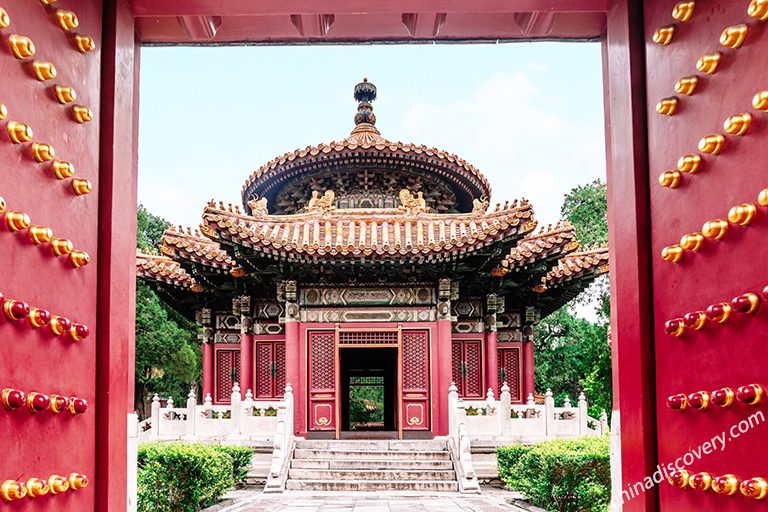 Pavilion of One Thousand Autumns, Photo by Our Guest
Pavilion of One Thousand Autumns, Photo by Our Guest
Pavilion of Floating Jade (浮碧亭)
Built on a single-arched bridge spanning a rectangular fish pond, this pavilion was an addition of the Jiajing emperor (r. 1522-1566) in 1583 during the Ming dynasty (1368-1644). The square pavilion has a pyramid-shaped roof covered with green-glazed tiles and edged with yellow-glazed tiles. It complements the Pavilion of Auspicious Clarity on the west side of the garden.
Studio of Establishing Teachings (位育斋)
The Studio of Establishing Teachings can be found in the northwestern part of the Imperial Garden. It was renamed several times and assumed the current name in Qing dynasty (1644-1911). The name Weiyu is derived from a sentence in The Doctrine of Golden Mean, embodying one of the political ideals of Confucius teaching.
In front of the studio locates a fishpond above which an arch bridge was constructed. Over the bridge is the Pavilion of Auspicious Clarity. The studio had been used as a hall for worshiping the Buddha.
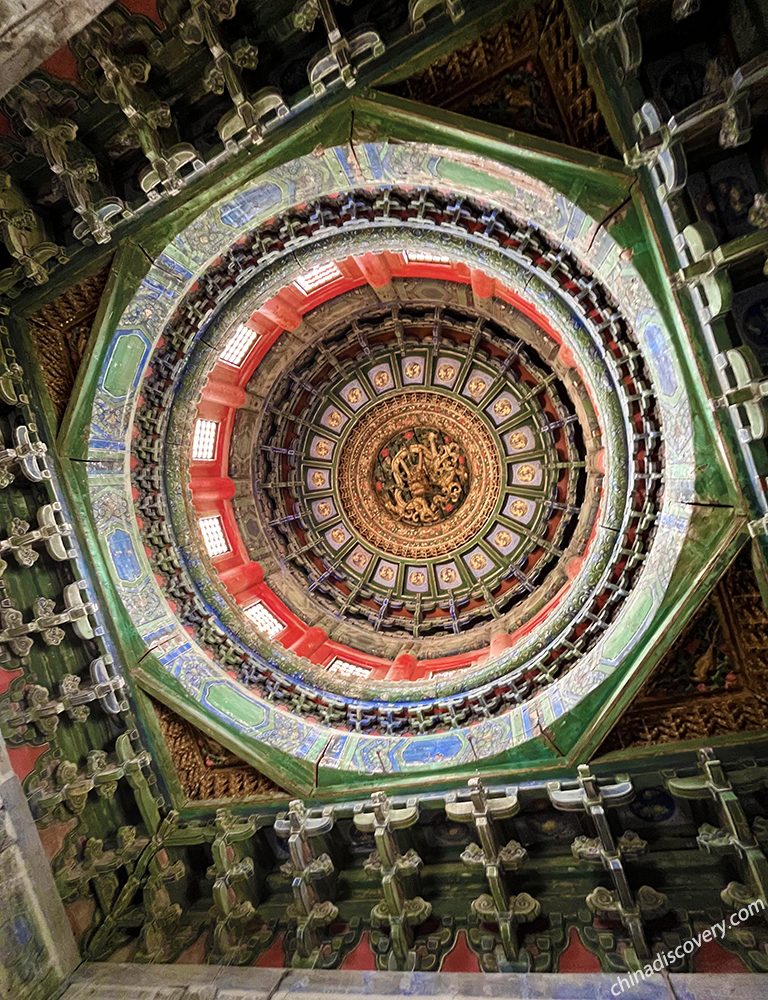 Zaojing Ceiling, a Wooden Dome in Chinese Architecture
Zaojing Ceiling, a Wooden Dome in Chinese Architecture
Bower of Crimson Snow (绛雪轩)
Five Chinese flowering crab-apple trees once grew in front of the pavilion. When the trees were in full bloom, the falling crimson petals looked like dancing snowflakes, which inspired the name. After the Chinese flowering crab-apple trees died, Beijing mock oranges were planted.
The Kangxi (r. 1662-1722) and Qianlong (r. 1736-1795) Emperors admired flowers and composed poems with their officials here. The scale and floor plan of the Belvedere of Crimson Snow is complemented by the Lodge of Spiritual Cultivation (养性斋) in the same position on the west side of the garden. Buildings like these were part of the original layout of the Imperial Garden in 1420.
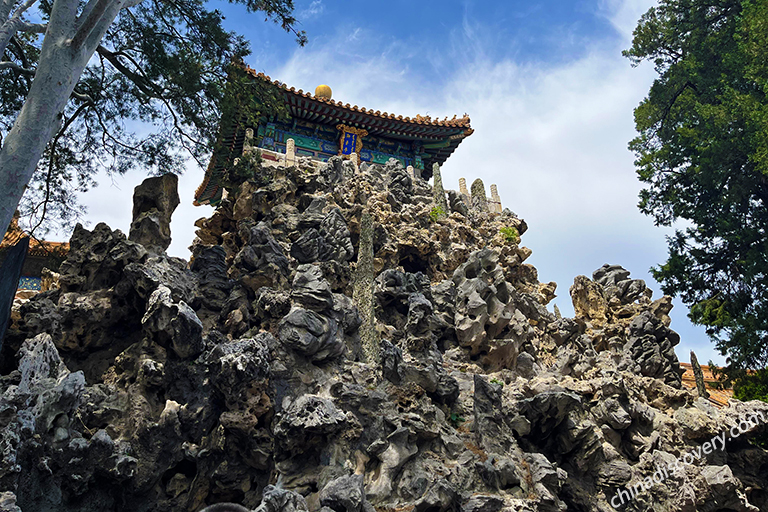 Imperial Prospect Pavilion surrounded by Landscaped Rockeries
Imperial Prospect Pavilion surrounded by Landscaped Rockeries
A visit to the Imperial Garden is a must-see for anyone exploring the Forbidden City to appreciate the timeless beauty of Chinese garden design. As you wander through this serene oasis, take a moment to appreciate the artistry and symbolism that surrounds you. It's a chance to experience a different side of imperial life and to connect with the rich history of this extraordinary place.
How to plan your Forbidden City trip
To explore the Forbidden City and the best highlights of Beijing, including Great Wall, Temple of Heaven, Summer Palace, Tiananmen Square and Hutongs, you need at least 3 or 4 full days, which is available up to 144 Hours Visa-free for Transit in Beijing. If you have more days, you can go for an in-depth Great Wall hiking or photography, and explore more hidden attractions in Beijing. We have helped many global travelers enjoy their memorable wonderful trips to Beijing for the past few years. You can find your favorite tour package from our valuable Beijing private tours collections.
As the most popular transportation hub in China, you can easily travel from Beijing to any other hot travel destinations in China by flight or train, such as Xian, Shanghai, Guilin, Zhangjiajie, Chengdu and other popular destinations in China. China Discovery has designed many great China tour packages from Beijing for you. Please make your choice from our collections or let us customize one for you.
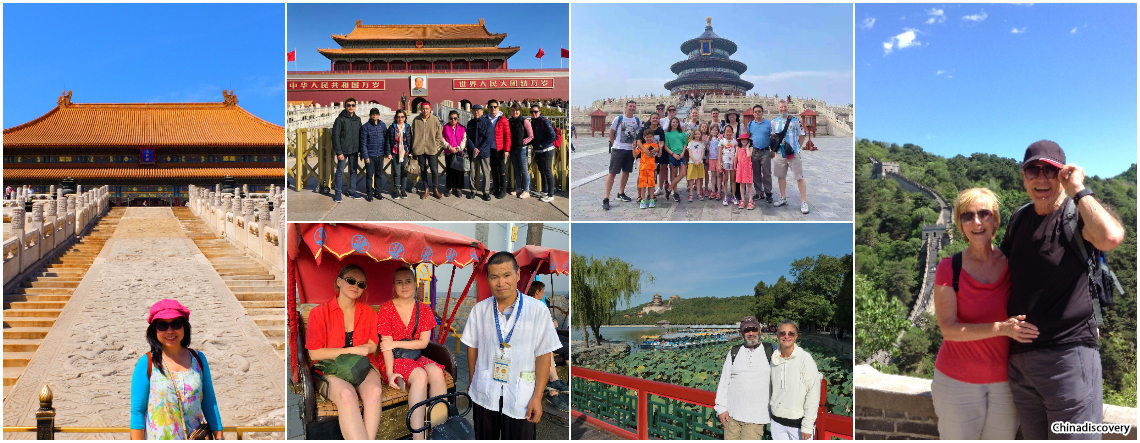
Our Delighted Customers in Beijing
Keep Reading About Forbidden City
- Forbidden City
- Forbidden City Travel Tips
- Forbidden City Facts
- Forbidden City Map
- Hall of Supreme Harmony
- Nine-dragon Screen
- The Gallery of Clocks
- The Treasure Gallery
- Palace Museum Collections
- How to Visit the Forbidden City
- Forbidden City Photography Tips
- Forbidden City Weather & Seasons
- How to Book Forbidden City Tickets
- How to Get to Forbidden City
- How to Transfer from Beijing Airports
Keep Reading About Beijing Attractions
- Great Wall of China
- Mutianyu Great Wall
- Jinshanling Great Wall
- Tiananmen Square
- Summer Palace
- Temple of Heaven
- 798 Art District
- Jingshan Park
- Beijing Hutong
- National Museum of China
- Gubei Water Town
- Lama Temple
- Yandaixie Street
- Nanluoguxiang
- Beijing Olympic Park
- Badaling Great Wall
- Huanghuacheng Great Wall
- Simatai Great Wall
- Juyongguan Great Wall
Top Beijing Tours & Travel Guide
- Forbidden City Tours
- Popular Beijing Tours
- Great Wall Hiking Tours
- Beijing Visa Free Tours
- Beijing Layover Tours
- Tpo 6 Beijing Vacations
- Beijing Family Tours
- Beijing Travel Guide
- Beijing Travel Articles
- Great Wall Trip Planning Guide
- How to Plan a Beijing Trip
- Things to do in Beijing
- Top Experiences Recommended by LP
- Featured Activities in Beijing
- How to Get to & around Beijing
- Weather & Seasons in Beijing
- Beijing Maps
- Beijing 144/24 Hour Visa Free
- Recommended Hotels in Beijing
- Beijing Photo Gallery
- Top Beijing Food and Snacks
- Beijing Shopping
- Beijing Nightlife
- Beijing FAQs & Tips
Recommended Beijing Tours
Top 3 Beijing tours chosen by most customers to explore Beijing in the best way. Check the detailed itinerary, or tailor your own trip now with us.

8 Days Best of China Tour (Flight/Bullet Train Covered)
Beijing / Xian / Shanghai
Start planning your tailor-made holiday to China by contacting one of our specialists. Once inquired, you’ll get a response within 0.5~23.5 hours.
Customize a TripHave a question? Get answers from our travel experts or guests
- Your Question:
- Your Name:
- Your Email:
- Submit
